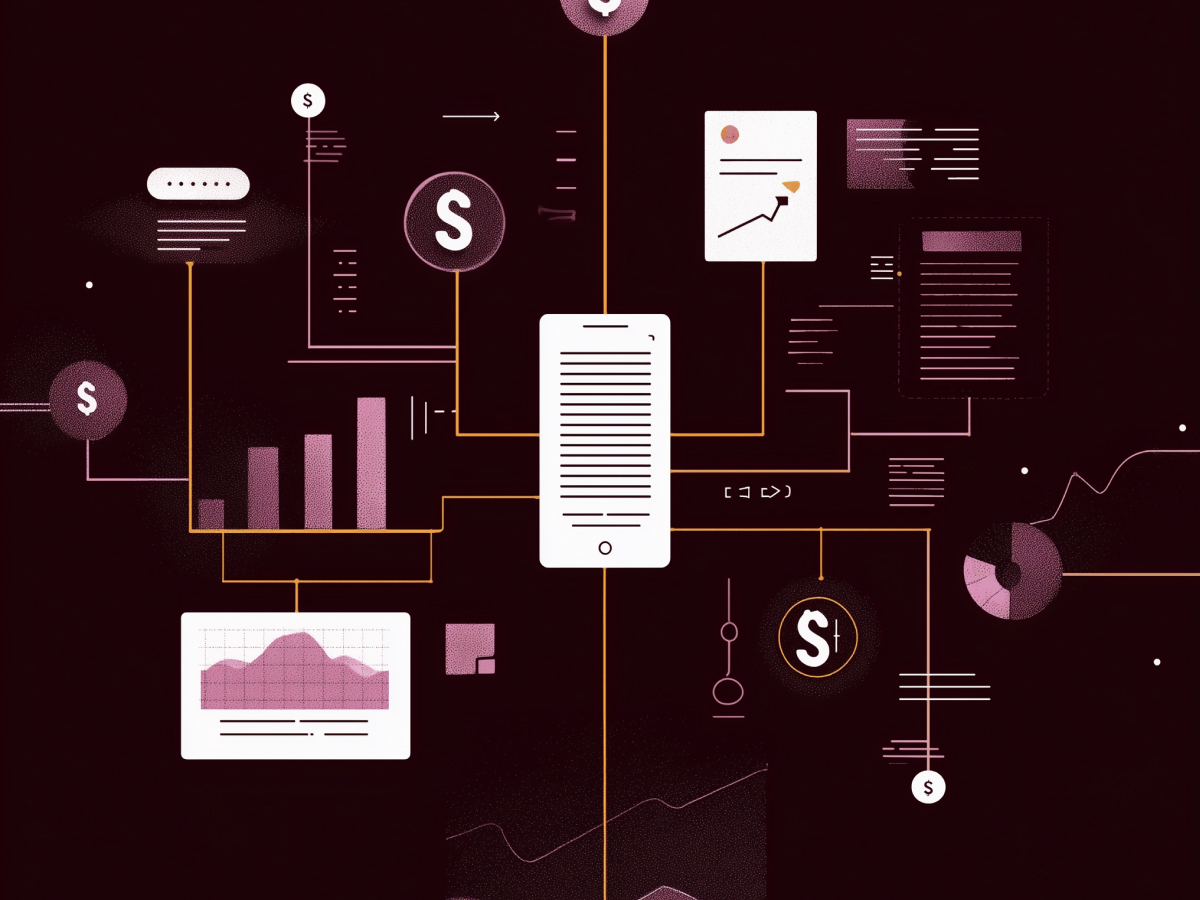High adoption regret due to underwhelming ERP performance
Most finance leaders in the UK and Ireland, 94% of them, regret implementing ERP systems. These tools were sold as transformative, central hubs for data, automation, efficiency, clarity. Yet the outcome has been underwhelming.
Here’s the problem. Too many teams adopted systems bloated with features they rarely use. According to the AccountsIQ 2025 CFO Mindset Report, 60% of respondents said they’re using half or fewer of the features their ERP system offers. Even worse? Only 2% of teams say they’re using the platform to its full potential. That tells us two things. First, the systems are over-engineered for most companies. Second, there’s a mismatch between what the vendors sell and what the finance function actually needs.
Finance leaders expect software to adapt to their operations, not the other way around. But that’s where most ERP platforms break down, they’re cumbersome, hard to configure, and often disconnected from the actual priorities of fast-paced businesses.
If something doesn’t align with execution speed or cost efficiency, it doesn’t belong in your tech stack. At the C-suite level, you have limited bandwidth to deal with technology that delivers like it’s stuck in the last decade. The sooner you identify misalignment, the faster you can pivot to something that works at your pace.
Executives should ask themselves a basic but defining question: Does this tool make my team more efficient, or just more busy?
Escalating and hidden costs place financial pressure on organizations
ERP systems are difficult to implement and expensive. Upfront and over time. And the real cost? It’s the hidden fees that stack up after the system goes live.
According to the same report from AccountsIQ, 95% of finance teams encountered surprise expenses. Add-ons like overpriced AI assistants, required third-party support services, and vendor-driven price hikes have hit companies hard. Some vendors have increased costs by more than 15% in the past two years alone.
This is a major red flag for CFOs who expect stability and precision in budgeting. If your ERP system constantly moves the goalposts, you’re no longer optimizing operations, you’re just trying to contain damage.
At the executive level, this forces a rethink of long-term vendor relationships. Are you paying for innovation, or paying to stay afloat in a system designed to extract value rather than deliver it?
Many CFOs walk into ERP deals optimistic about transformation. They leave with budget overruns, limited visibility, and more internal friction than before. Cost should scale with utilization. It shouldn’t grow faster than your business.
If your finance tech penalizes you for growth, it’s time to renegotiate, or exit. The goal is simple: tools that enable scale at predictable costs. Anything else is unnecessary drag.
Stressful and prolonged implementation creates operational disruptions
ERP implementation is often painful. Two-thirds of finance leaders (66%) describe the rollout as stressful. For one in four organizations, it takes over seven months just to get the system running. That’s time, energy, and resources you’re not allocating to growth or actual problem-solving.
The implementation process breaks down because most finance teams lack the capacity or support to integrate these complex systems properly. The software demands more from the business than it gives back, technical skills, time-consuming configurations, and heavy reliance on external consultants. Teams also point to poor user experience and inadequate training as critical obstacles. That’s not a tech problem; that’s a leadership problem, driven by solutions chosen without alignment to core operational needs.
All of this has real effects. It slows down decision-making. It burdens your teams. It adds operational drag in areas where speed and precision are non-negotiable. Worse, it erodes morale. When software gets in the way of doing the work, people burn out, and when finance teams burn out, the rest of the business slows down.
For C-suite leaders, you don’t just need software that “works.” You need systems that accelerate clarity and reduce dependency on brute-force effort. Implementation should feel like investment, not rescue. If your rollout roadmap keeps slipping while your people carry the weight, the system has already failed its purpose. That alone justifies a move toward platforms built for practical speed and measurable return, not overcomplication.
Widespread consideration to switch ERP providers for better value
When 93% of finance leaders say they’re considering switching ERP systems, and 60% plan to do it within three months, it’s not a trend. It’s a tipping point.
The reason is simple: value. Traditional ERP providers continue to fall short on what businesses actually need, systems that simplify data, improve reporting, and keep ongoing costs in check. These shortcomings are driving experienced finance teams to rethink their entire approach to enterprise tech.
Organizations are now focused on consolidation, far fewer platforms doing far more, with better user experience and less operational drag. CFOs are done tolerating bloated systems designed for an ideal future state that never arrives. They want tools aligned with present priorities, fast, accurate reporting; clear visibility; strong financial control.
Delaying this change just deepens the damage, more burnout, lower data visibility, and reduced competitiveness. If competitors are already moving toward leaner, smarter financial infrastructure, each month of inertia becomes a liability.
Here’s what matters to executives making the call: Speed to value. Usability over complexity. Control over cost. There’s no logic in sticking with inefficient solutions hoping future updates will solve foundational flaws. This market is shifting rapidly. The winners will be the ones who move early, before inefficiency becomes a structural problem.
Alignment with modern, scalable finance solutions is essential for future growth
The game is changing. Leading CFOs aren’t just replacing outdated ERP systems, they’re making deliberate moves toward platforms that match current business needs: scalable, easy to use, and built for speed. Legacy systems no longer support the urgency of decision-making or the pace at which companies operate today.
Better financial tools now exist, tools that reflect the size, complexity, and growth trajectory of a business without forcing unnecessary overhead. Finance functions are increasingly expected to act as strategic drivers, not just record-keepers. That means software must support agility, not hinder it.
CFOs are prioritizing solutions that streamline workflows, cut inefficiency, and give them faster access to real-time data. The idea is simple, fewer moving parts, more focused performance. This shift isn’t about trend-chasing. It’s about clarity, control, and the ability to respond quickly to changing variables across markets and operations.
Darren Cran, CEO of AccountsIQ, said what many finance leaders are thinking: “Too many finance teams who are looking to switch from outdated or starter finance software are being sold an ERP dream that quickly turns into a nightmare.” He makes the case for smart, scalable finance tools that work now, not in some future scenario. “ERP vendors overpromise and underdeliver. We’re here to change that.”
Executives should view this transition not as a tech update but as a growth enabler. Software decisions aren’t about IT, they’re about direction. Too many companies are trapped in rigid systems because change feels risky. But inaction carries more risk if it prevents flexibility, drains talent, and delays insight.
Modern finance solutions don’t require you to bet on future features. They work now. And they let your teams focus on outcomes, not system limitations. If the goal is to build for scale, the tools you choose should be built to scale with you, naturally, at your speed, without extra weight.
Key executive takeaways
- Widespread ERP dissatisfaction: 94% of UK and Irish CFOs regret adopting their ERP system, citing poor ROI and limited feature use. Leaders should reassess ERP investments and align tools with actual operational needs, not vendor promises.
- Hidden cost exposure: 95% of finance teams encountered unexpected post-implementation costs, including AI charges and support fees. Executives must demand full pricing transparency and evaluate total cost of ownership before committing to new platforms.
- Implementation drag: Two-thirds of companies found ERP rollouts stressful, with 25% taking over seven months to deploy. Leaders should treat ERP implementation as a change management initiative and allocate proper internal resources from start to finish.
- Rapid shift in vendor loyalty: 93% of finance leaders are considering new ERP providers, with 60% planning to switch within three months. Businesses should move proactively toward platforms that simplify reporting, reduce complexity, and deliver measurable value.
- Focus on fit and scalability: CFOs are prioritizing finance tools that match their company’s size, growth rate, and agility needs. Leaders should guide tech decisions based on immediate usability and long-term scalability to avoid over-engineered, low-impact systems.





